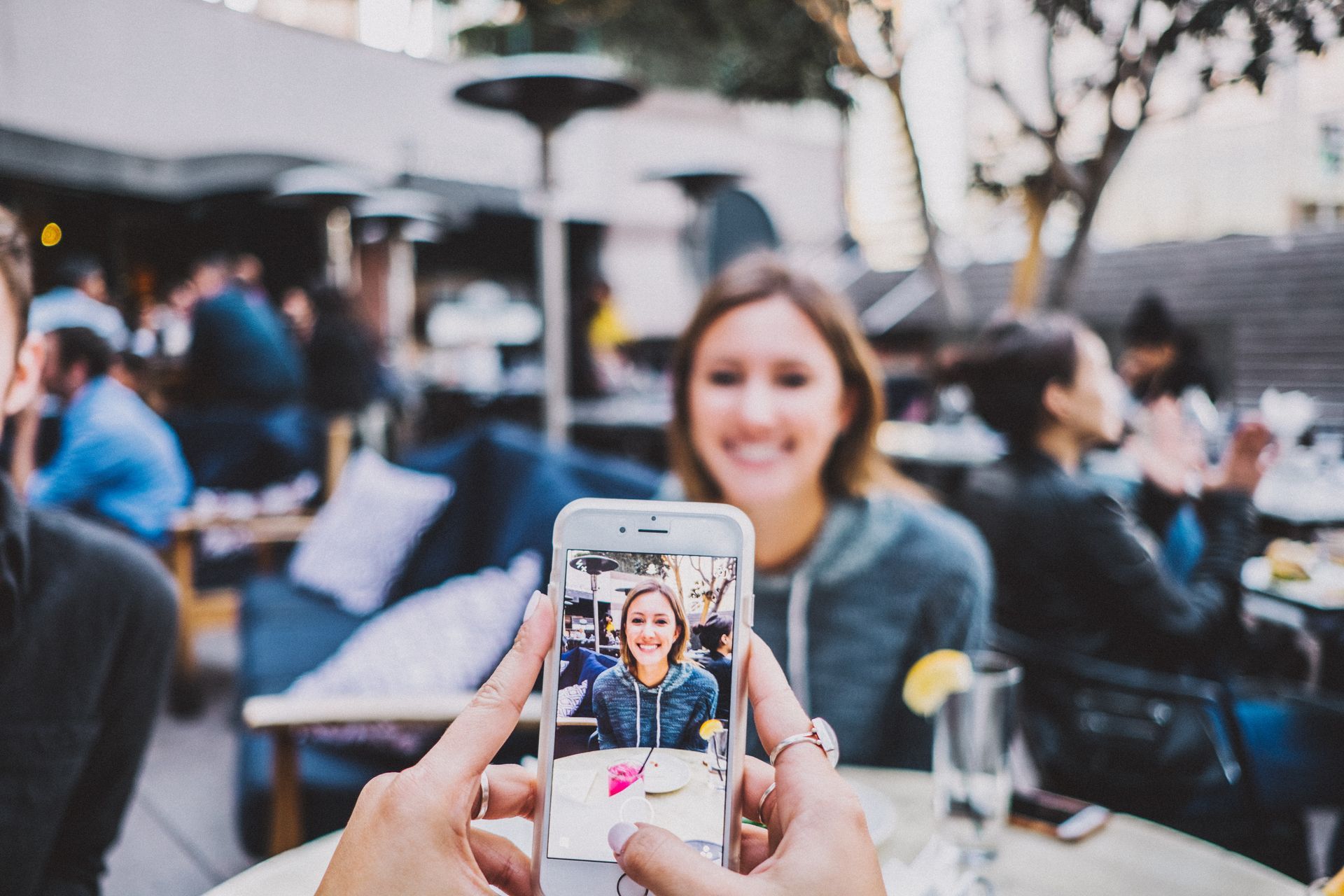How Social Media is Impacting Your Teen's Mental Health
And how you can help them reduce the negative impact.

In today's digital age, social media has become central to our human experience. Whether it's sharing photos on Instagram, creeping friends on Facebook, or following current events on Twitter, social media platforms offer us endless opportunities to connect with others and stay informed about the world. However, as much as social media can be a source of entertainment and connection, it also has a significant impact on our mental health, which is what we'll explore in this blog.
Comparison and Self-esteem
One of the ways social media can affect our mental health is through the constant comparison it encourages. When we scroll through our feeds and see others' carefully curated photos and posts, it's easy to feel like our own lives don't measure up. This can lead to feelings of inadequacy and low self-esteem, especially among young people. What we see on social media often represents only a highlight reel of someone's life, not the full picture.
Fear of Missing Out (FOMO)
FOMO is a real thing, and it's exacerbated by social media. Seeing our friends having fun at parties, going on vacations, or enjoying exciting experiences without us can make us feel left out and lonely. Constantly comparing our lives to the exciting moments others share online can lead to anxiety and feelings of exclusion.
Cyberbullying
The anonymity that social media offers can sometimes bring out the worst in people. Cyberbullying, which involves using digital platforms to harass or hurt others, is a serious problem. Victims of cyberbullying can experience depression, anxiety, and a sense of powerlessness. It's essential to report and stand up against cyberbullying to protect both ourselves and others.
Addiction and Screen Time
Spending excessive time on social media can also negatively impact our mental health. The more time we spend online, the less time we have for in-person interactions, physical activities, and self-care. It's crucial to find a balance between our online and offline lives to maintain good mental health.
Filter Bubbles and Echo Chambers
Social media algorithms often show us content similar to what we've previously engaged with. While this can help us find things we're interested in, it can also create "filter bubbles" and "echo chambers." In these digital bubbles, we're only exposed to ideas and opinions that align with our existing beliefs. This can limit our perspective and contribute to polarization, which can be detrimental to our mental well-being.
Reduced Face-to-Face Interaction
As we spend more time communicating through screens, we may find ourselves having fewer face-to-face conversations in the “meet” world. Real-life interactions are essential for building strong relationships and developing social skills. Isolating ourselves behind screens can lead to feelings of loneliness and social anxiety.
Positive Aspects of Social Media
While there are many potential negative effects of social media on mental health, it's important to note that it's not all bad. Social media can also be a source of support, education, and inspiration. It allows us to connect with like-minded individuals, access information, and raise awareness about important issues. The key is to use social media mindfully and in moderation.
Social media has a significant impact on our mental health, both positive and negative. To protect our well-being, it's crucial to be aware of the potential pitfalls and take steps to mitigate them. This includes managing our screen time, being mindful of the content we consume, and prioritizing real-life connections. By doing so, we can enjoy the benefits of social media while safeguarding our mental health.
Photo by Josh Rose on Unsplash

